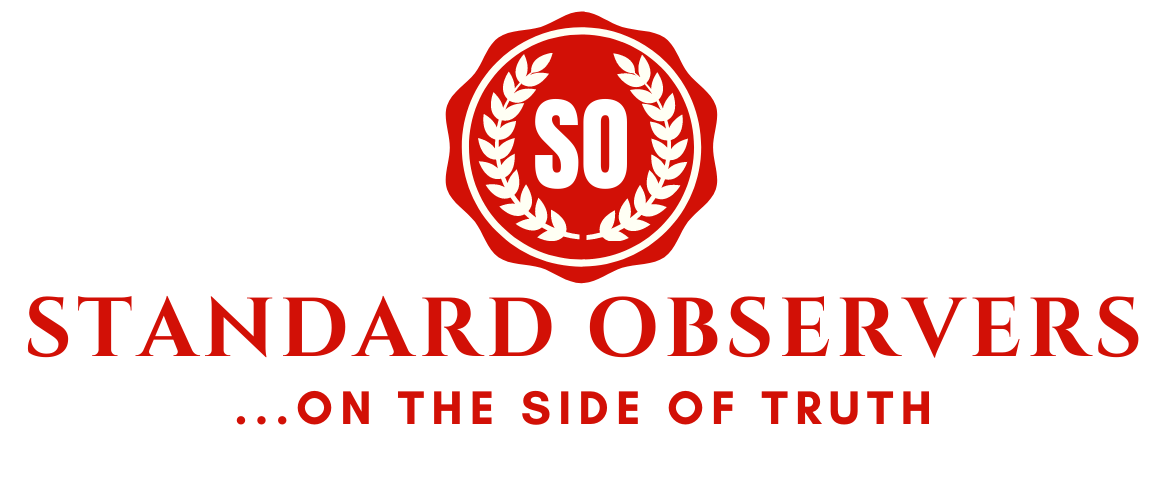The U.S. embassy in Addis Ababa advised all U.S. citizens to leave Ethiopia as soon as possible, a statement on their website said on Friday, after an alliance of anti-government forces threatened to march on the capital city.
“The security environment in Ethiopia is very fluid. We advise U.S. citizens who are in Ethiopia to leave the country as soon as possible,” the statement said.
Also, nine Ethiopian opposition factions have signed an agreement in the United States to form an alliance against Prime Minister Abiy Ahmed, whose government called on former soldiers to join its yearlong fight against Tigrayan forces and their allies.
At a news conference in Washington, DC, the new coalition said it planned to dismantle Abiy’s government by force or by negotiations, and then form a transitional authority.
“As a response to the major crisis facing various nations of the country and to reverse the harmful effects of Abiy Ahmed’s autocratic rule, to our peoples and beyond, we have recognised the urgent need to collaborate, join our forces towards a safe transition in the country,” Admassu Tsegaya, member of the Agaw Democratic Movement, part of the new alliance dubbed United Front of Ethiopian Federalist and Confederalist Forces, told reporters.
Its members also include the Tigrayan People’s Liberation Front (TPLF), which has been battling federal forces in a war that has killed thousands and displaced millions, and the Oromo Liberation Army (OLA) now fighting alongside it.
Organisers said the other groups were the Afar Revolutionary Democratic Unity Front, Benishangul People’s Liberation Movement, Gambella Peoples Liberation Army, Global Kimant People Right and Justice Movement/ Kimant Democratic Party, Sidama National Liberation Front and Somali State Resistance.
In response to the alliance’s formation, Ethiopian Attorney General Gedion Timothewos dismissed it as a “publicity stunt” and asserted that some of the groups involved “are not really organisations that have any traction”.
The alliance was formed as US Special Envoy Jeffrey Feltman was in Addis Ababa meeting with senior government officials amid calls for an immediate ceasefire and talks to end the war.
“That’s the reason they signed the agreement here,” Al Jazeera’s Alan Fisher, reporting from Washington, said. “They are trying to put pressure on the US to show that there is a level of opposition against the government and therefore, there has to be some sort of political solution.”
But Fisher also noted some experts of Ethiopian affairs had raised questions about some of the groups involved in the new coalition. “On the list of nine groups, there are a few there that they don’t recognise; they’ve never heard of them and they don’t what level of support they have on the ground in Ethiopia,” he said.
In the Ethiopian capital, the US said Feltman met the deputy prime minister and defence and finance ministers on Thursday. It was not clear if he would meet Abiy.
Meanwhile, US Secretary of State Antony Blinken in a statement on Friday again called for a ceasefire and talks, and called on the Tigrayan and OLA forces to “immediately stop the current advance towards Addis Ababa”. He also urged Ethiopia’s government to halt its military campaign, including air raids in Tigray, and the mobilisation of ethnic militias.
Meanwhile, the federal armed forces appealed to retired soldiers and veterans to rejoin the military, setting a November 24 deadline to register.
In the past week, the government has also declared a six-month state of emergency and local authorities told civilians in the capital to register their weapons and prepare to defend their neighbourhoods.
On Friday, rights group Amnesty International urged the government to “prohibit advocacy of hatred that constitutes incitement to hostility, discrimination or violence”, noting that there has been an “alarming rise” in social media posts, including by political figures and journalists, advocating violence and using slurs against Tigrayans.
“The authorities must urgently denounce any statements, online or otherwise, which advocate violence against a specific ethnic group,” Deprose Muchena, Amnesty’s regional director for East and Southern Africa, said in a statement.
Moreover, Muchena said social media companies had a responsibility to ramp up their “moderation efforts” to prevent “advocacy of violence” on their respective platforms.







